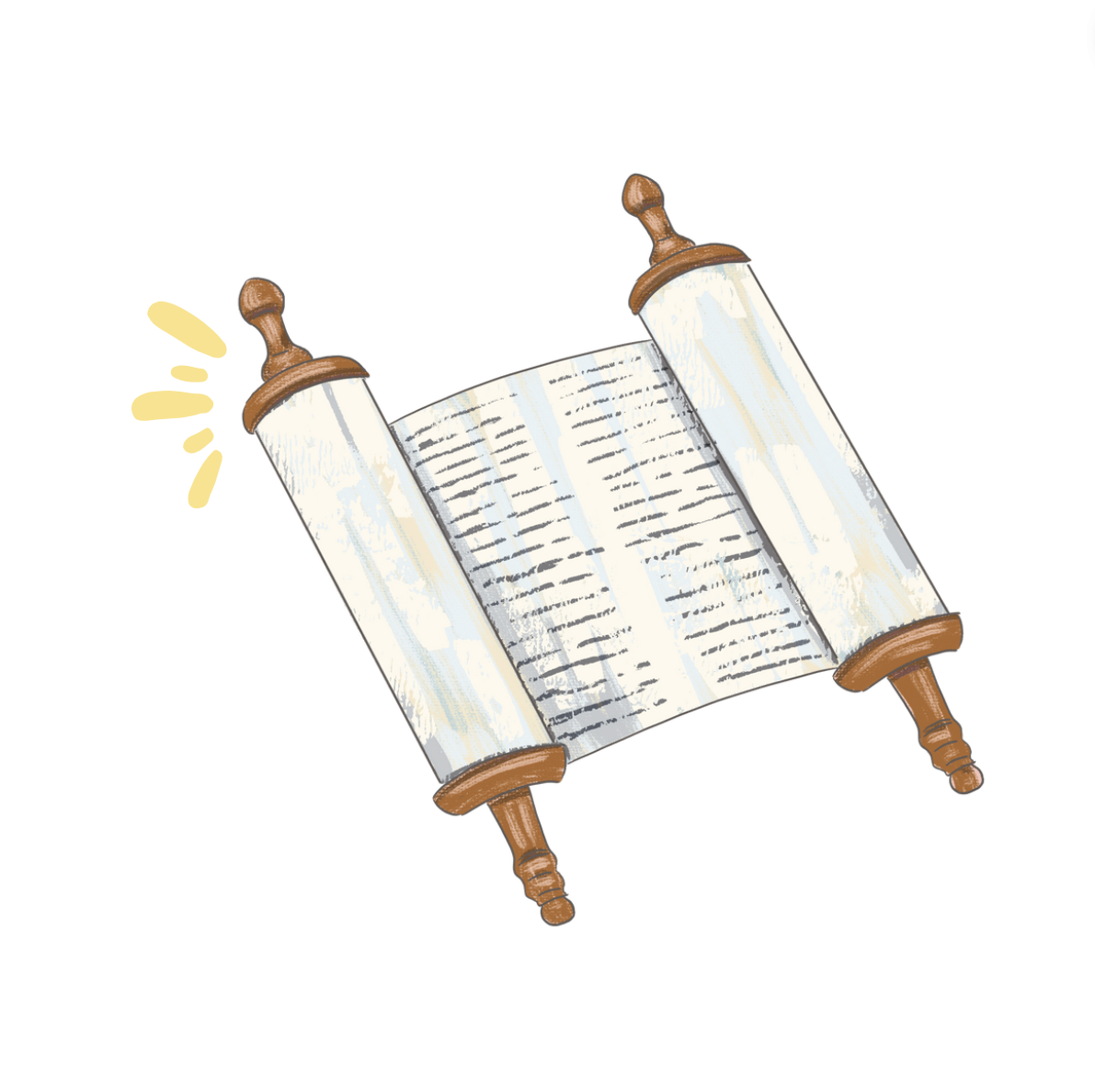Welcome back! We have entered a true season of transition: Many of us have already started exchanging sandals for boots, iced coffee for pumpkin spice, beach bags for backpacks. We at JCP have been gearing up for a fantastic year ahead, and we can’t wait to see everyone back in the neighborhood soon.
Of course, we are also preparing for a meaningful and uplifting High Holy Days season as a community. At this time of year, I always appreciate the beautiful convergence of the Jewish calendar and the secular one. As we come back together after a season apart, we get to celebrate so many new beginnings.
Just as we work hard to prepare during the months leading up to the school year, the Jewish calendar builds in time for us to prepare for the High Holy Days. Rosh Hashanah falls on the first day of the Hebrew month of Tishrei each year. But the High Holy Day season doesn’t start then. The Hebrew month preceding Tishrei, called Elul, is a time dedicated to a process called cheshbon ha’nefesh. This phrase is often translated as “accounting of the soul” (in modern Hebrew, a check in a restaurant is a “cheshbon,” as is a bank account!). If Rosh Hashanah is an opportunity to begin a new year with a clean slate, the month of Elul is an opportunity to decide on the changes that we want to make in the year ahead. Making improvements in our lives and in our relationships starts by identifying our goals and reflecting on how we might achieve them. And that process takes time.
Jewish tradition has tools to help us get into this mindset of spiritual preparation. One of the most powerful ones is the practice of reciting Psalm 27 daily. This psalm was likely chosen because it closes with the word lulei (לולא) which, in Hebrew, is the word Elul (אלול) backwards.
The psalm reflects the fact that spiritual preparation is not all blissful. We often have to do hard work to make necessary changes in our lives. The psalmist experiences the struggles and doubts that come with loneliness and hardship. But he also experiences the comfort and reassurance of God’s presence. One of the most famous lines of the psalm says:
One thing I ask of the Eternal,
only this do I seek:
to live in the house of the Eternal
all the days of my life,
to gaze upon God’s beauty,
And to visit God’s temple.
For the psalmist, this desire to connect with God serves as an anchor amidst the challenges and chaos of life.
Musician Aly Halpert recently composed a stunning musical setting for this psalm, and we are excited to share it with you throughout High Holy Day services. You can listen to the recording here.
As we transition into this sacred season, may we find the strength and courage for cheshbon ha’nefesh to renew our lives in the year ahead.

